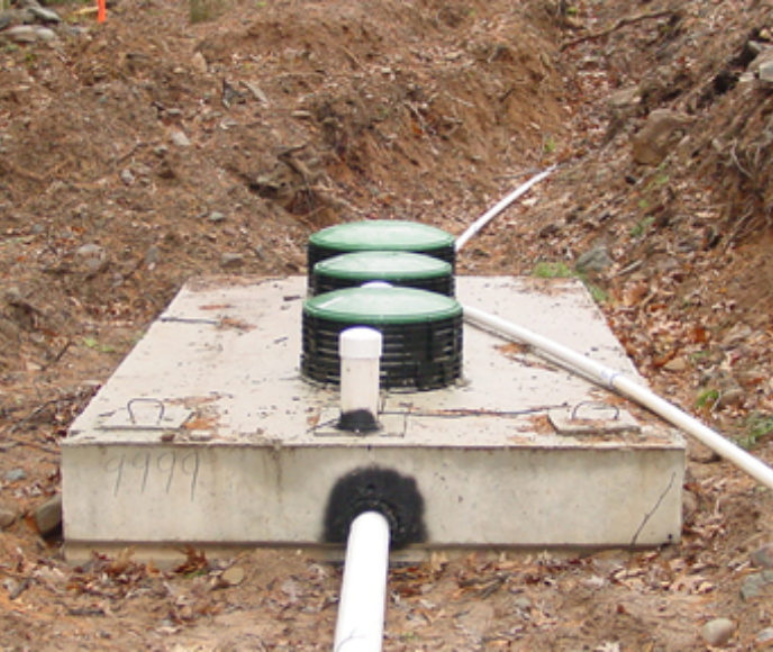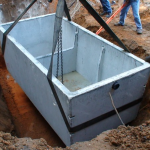Comprehensive Guide to Septic System Installation and Replacement

Introduction to Septic Systems
Septic systems play a critical role in managing wastewater for homes and businesses not connected to municipal sewer lines. A well-maintained septic system ensures a safe and eco-friendly way of treating waste, safeguarding both human health and the environment.
The Importance of Proper Installation
An efficiently installed septic system:
- Ensures the longevity and functionality of the system.
- Minimizes potential damage to the environment.
- Reduces the risk of system failures that can result in costly repairs.
Choosing the Right Septic System
Various factors determine the best septic system for your needs:
- Size of the Property: Ensure enough space for the septic tank and the drain field.
- Soil Quality: Percolation tests determine how quickly soil absorbs water, affecting tank size and system type.
- Water Table Level: A high water table might require a raised bed or mound system.
- Local Regulations: Local health and building departments may have guidelines and requirements for septic systems.
Steps to Septic System Installation
- Site Evaluation and Percolation Test: Determine soil conditions and the best system type.
- System Design: Based on the tests and local requirements, create a system layout.
- Excavation: Dig a hole for the septic tank and create trenches for the drain field.
- Tank Installation: Lower the tank into the hole using machinery, ensuring it’s level.
- Drain Field Creation: Lay out the drain lines according to the system design.
- Connection: Connect the house plumbing to the septic tank.
- Backfilling and Final Checks: Fill the excavated areas with soil and conduct a final inspection.
Signs You Need a Septic System Replacement
Be vigilant for these signs indicating system issues:
- Slow Drains: Slow-moving drains in sinks or bathtubs can suggest system problems.
- Bad Odors: Foul smells near the tank or drain field hint at system malfunction.
- Standing Water: Puddles or wet spots near the tank or drain field are signs of potential failure.
- Unusually Green Grass: Overly lush grass near the septic system indicates possible leakage.
Benefits of Timely Replacement
Replacing your septic system timely offers numerous benefits:
- Prevents Environmental Damage: It helps avoid potential contamination of local water sources.
- Saves Money: Addressing issues early avoids costlier repairs down the line.
- Ensures Consistent Performance: A new system functions efficiently, providing peace of mind.
A well-installed and maintained septic system is essential for any property. It not only ensures efficient wastewater management but also preserves the environment. Regular checks, timely repairs, and replacements guarantee its longevity and performance.












